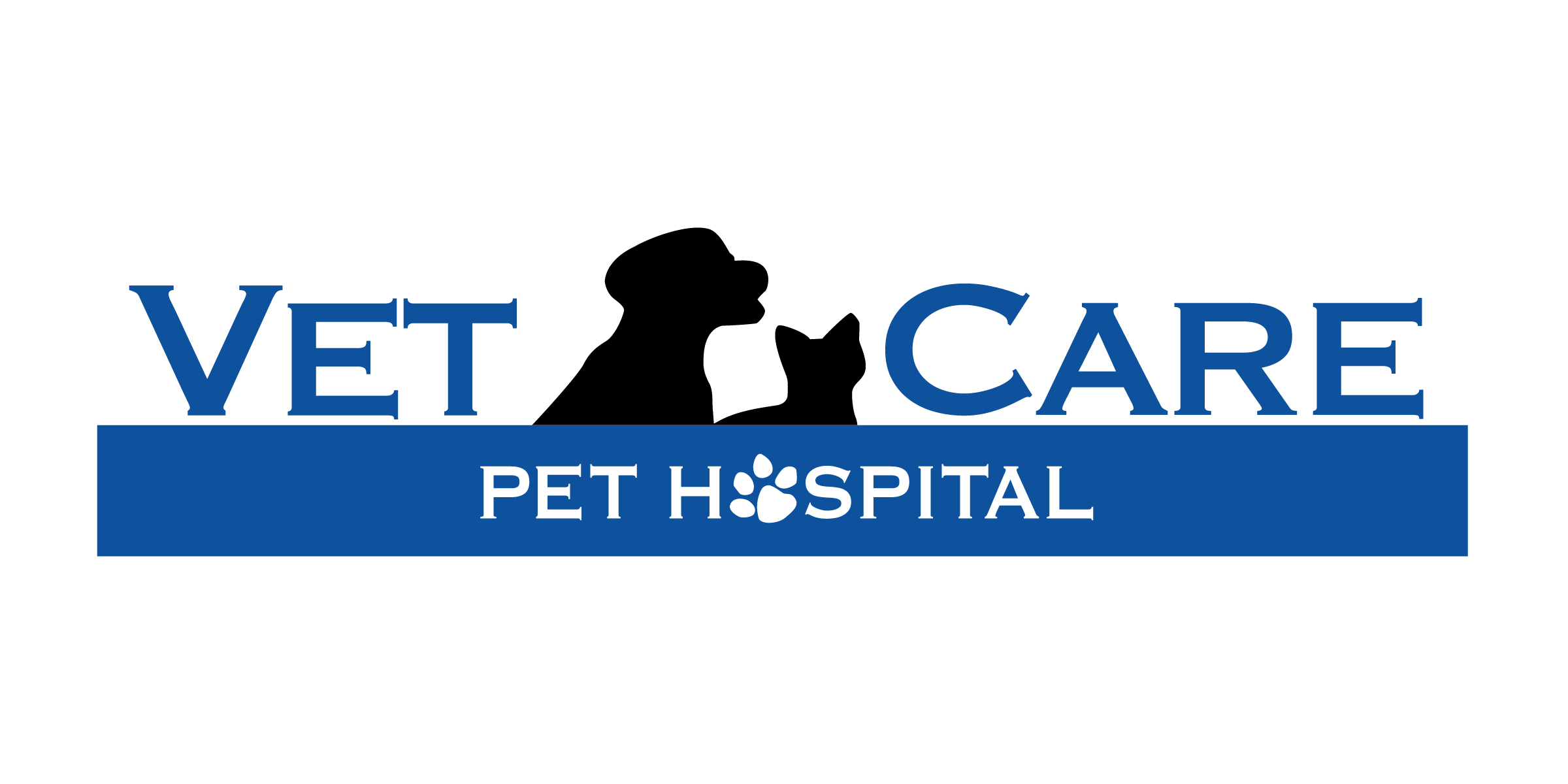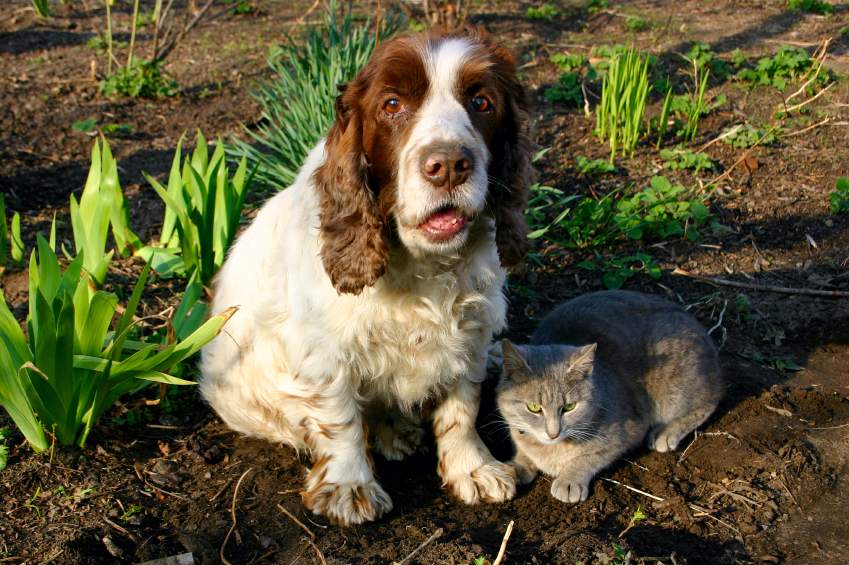There are many signs of illness in our pets that we are immediately made aware of, examples of which are vomiting and diarrhea. However the signs associated with heart disease are often more subtle, and some of which are often confused with the normal ageing process.
The signs of heart disease in dogs and cats do differ significantly. As most blogs seem to cover dog topics it’s about time that the cats went first:
The symptoms of heart disease in cats can be much more subtle than in dogs, it’s often picked up during annual examination and this is one of the important things that your veterinarian should be checking for as your cat ages.
Symptoms that you might notice at home include:
• Weight loss
• Lack of energy
• Irregular and rapid breathing
• Hiding and self-isolation
Signs that are not seen in cats though are seen in other species are:
• Coughing
• Abdominal swelling
Often in cats heart disease is caused as a direct result of another disease, however there are some breed specific exceptions; these in include Maine Coon and Ragdoll which have specific mutations that predispose them to developing heart issues.
Heart disease in dogs is much more common and is very similar to heart disease found in humans, it presents with the same symptoms and is managed in much the same way.
One of the most common assumptions about heart disease in dogs is that dogs deposit cholesterol into their arteries the same as humans do. This is not true, the cholesterol that deposits in human arteries takes decades to develop and sadly our pets don’t live long enough to accumulate these deposits. These cholesterol deposits are one of the main causes of heart attacks and strokes seen in humans, thankfully there are very rare occasions in our pets.
What we do see however is a high incidence of heart valve disease, this valvular disease results in poor circulation and a high back pressure of the blood in the lungs. The back pressure will result in fluid accumulation in the lungs, which in turn makes breathing difficult and inefficient.
The symptoms of canine heart disease are:
• Coughing
• Lack of energy
• Irregular and rapid breathing
• Weight loss
• Abdominal swelling
Heart disease in our pets is often picked up by the veterinarian during routine examination; it is picked up from a combination of findings on the exam, medical history and x-ray. This detection of developing medical issues is one of the many reasons that having your pet examined by a professional at least once a year is important. Heart disease is only one of the many things that your veterinarian routinely screens for during health checkups. If you have any questions about heart disease in either cats or dogs please do not hesitate to contact our Riverview animal hospital team!




